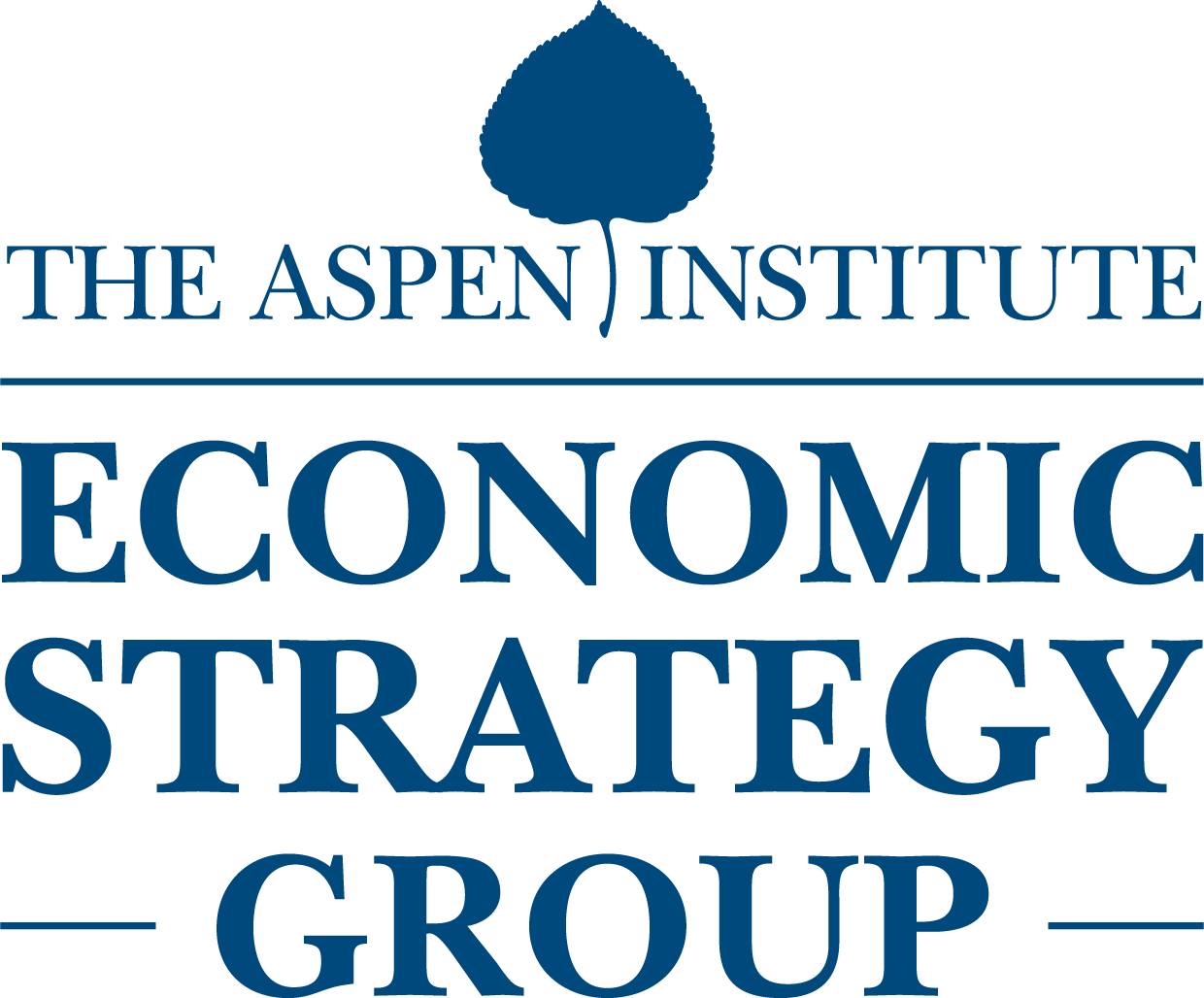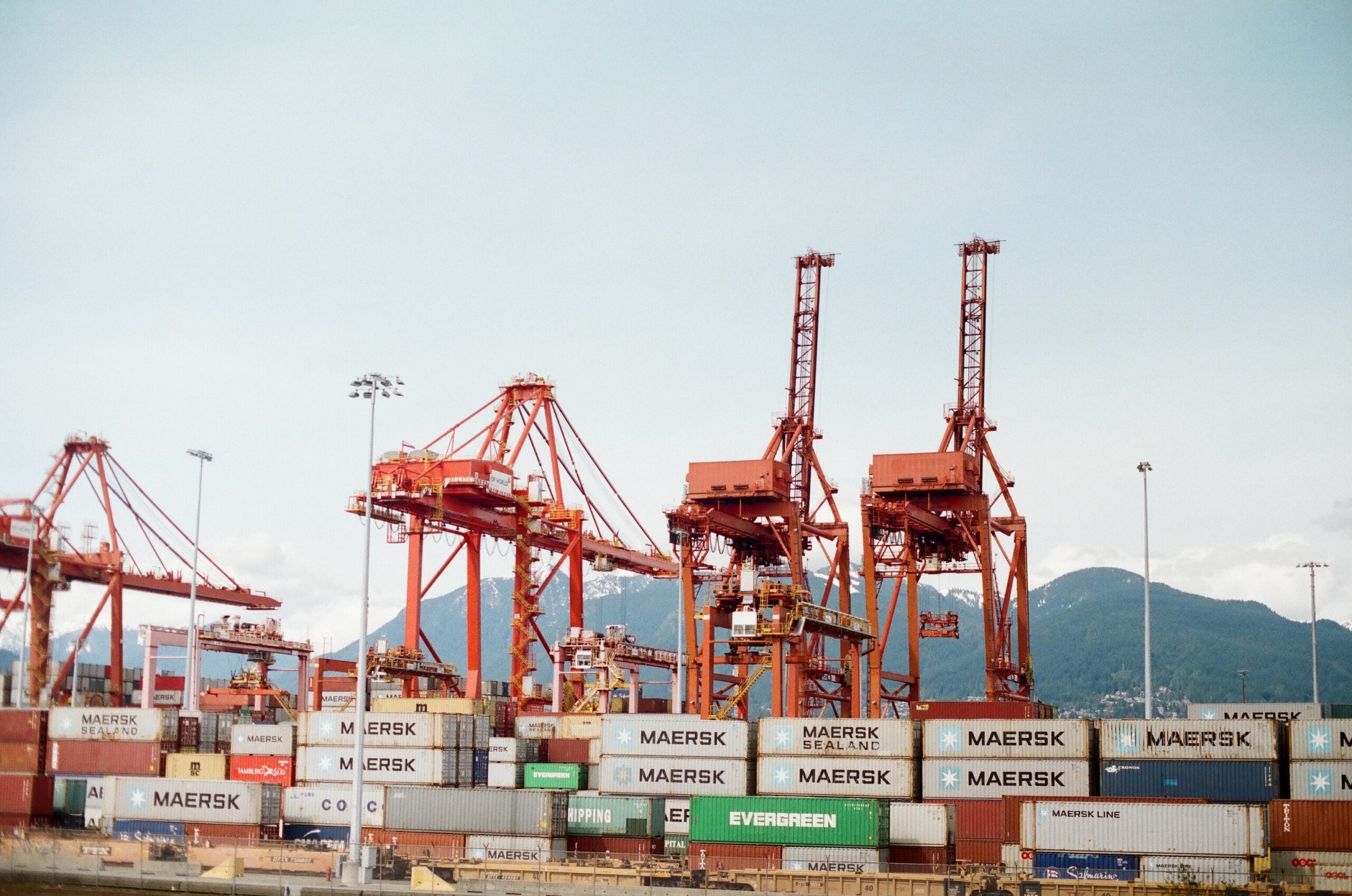
America and International Trade Cooperation

The United States’ approach to trade policy and international engagement is in a period of transition. An AESG report titled “America and International Trade Cooperation,” written by economist Chad P. Bown of the Peterson Institute for International Economics, provides a framework for evaluating the current US approach and makes specific policy recommendations.
Bown puts forward a framework for reevaluating US trade policy and international engagement that considers both “cooperate” and “non-cooperative” approaches. He then makes a set of specific recommendations for how the Biden administration might improve US trade policy with respect to China, increase multilateral cooperation with traditional western allies, and pursue a “worker-centered” trade-policy.
A FRAMEWORK FOR AMERICA’S TRADE POLICY RE-EVALUATION
Bown provides a conceptual framework to classify recent trade policy changes into one of two categories: “cooperative” and “noncooperative”. Cooperative policies are those that continue to adhere to existing international trade rules but are modified to reflect changes in underlying domestic economic, social, and national security preferences. For decades, the trade policy of the U.S. and that of its key trading partners have been considered cooperative under the WTO.
There is now a question of whether the United States is making a deliberate shift toward noncooperative policy, driven by the perception that China especially is not following agreed-upon rules. The adoption of noncooperative trade policy would require a major change in policy by a US trading partner to bring about a return to cooperation. It might also involve negotiating new trade agreements altogether. Alternatively, the US could seek to maintain cooperative policies, including some involving trade with China, but update its commitments under trade agreements to reflect current social, political, and national security priorities. In this latter case, it must also be willing to pay the price for seeking change.
Noncooperative US trade policy toward China
Bown explores whether Chinese trade policy was noncooperative prior to the onset of the 2018 trade war and whether the US policy response shifted to be the same. He observes that though pre-trade war Chinese import tariffs do not provide clear evidence of noncooperative policy behavior, China had several other policies in place that may have imposed costly externalities on its trading partners and been reflective of noncooperative behavior. Such policies included the shifting of rents from intellectual property rights (“forced technology transfer”), a complex subsidy system, and exploitative export restrictions.
Considering whether the U.S. is now implementing noncooperative tariffs toward China, Bown explains that while the average level of duties has certainly increased, there is little empirical evidence that the U.S. is better off as a result of its tariff response. The particular tariffs chosen increased US prices but did not increase domestic employment. Bown also suggests that by targeting intermediate inputs, US tariffs may have increased input costs for American firms, thereby creating the incentive for firms to source these inputs from countries other than China.
Cooperative US trade policy toward China
Bown posits that some US policy changes may not be a response to perceived Chinese noncooperation. In these cases, the U.S. could adjust elements of its trade policy with respect to China or other trade partners while maintaining a cooperative approach. Such policy changes could be driven by shifts in US domestic preferences, the emergence of some externality, or some other shock rather than a response to China’s noncooperative decisions.
Bown cites several examples of motivations for trade policy tweaks in a cooperative scenario, including attempts to reallocate global economic activity to encourage diversification of sourcing and reduced concentration of certain cross-border supply chains, export controls to address national security threats, and import bans to enforce American values of human rights and democracy. Bown also notes that policy tweaks could be motivated by a desire to adapt and learn from the Chinese model to improve US trade policy. For example, he points to China’s ability to quickly scale up its “surge capacity” for PPE during the pandemic due to close ties between the Chinese government and its businesses.
Other factors driving a reexamination of US policy toward international engagement
Bown highlights five additional factors, beyond China, that motivate a reexamination of US policies toward international engagement:
- Climate: There is a lack of clarity about whether many climate proposals, such as the carbon border adjustment mechanism (CBAM) or domestic climate-friendly subsidies, fall within the confines of existing trade rules or if the U.S. needs to negotiate new rules to accommodate such actions and allow other governments to do the same. Bown emphasizes that the failure to agree internationally means that the current rules may permit foreign retaliation as compensation if US subsidies impose adverse effects on trading partner industries.
- Tariffs on steel and aluminum: Increasing US tariffs on aluminum and steel have not only led to retaliatory tariffs from allies but have also made it harder for American businesses to compete internationally with firms that do not have to pay higher input costs. Additionally, since the tariffs were implemented under the guise of protecting US national security, they have been disputed at the WTO, placing the institution with the untenable task of ruling upon whether a country’s policy was implemented due to a legitimate national security threat.
- Taxation of multinational corporations: The taxation of multinational corporations threatens to imperil trade cooperation, and failure of multilateral progress at the OECD has led many major economies to impose Digital Service Taxes against some of the largest American tech companies, causing the U.S. to consider imposing retaliatory tariffs. While the US retaliation tariffs have since been suspended following negotiations, similar taxation issues threaten trade cooperation.
- COVID-19 and global public health: Given the complexity of developing and manufacturing vaccines, international trade will be crucial to resolving the public health crisis. A more explicit framework is needed to achieve higher levels of cooperation and success in vaccinating the global population.
- Domestic concerns about displaced workers: Given the current divisive nature of trade in public debate, the Biden administration is unlikely to pursue new trade-liberalizing agreements. Bown further notes that the administration has prioritized enforcing worker-centered provisions in existing trade agreements, including initiating labor investigations in Mexico under the USMCA.
POLICY RECOMMENDATIONS
Bown makes specific policy recommendations within five key areas of opportunity:
- Building a “worker-centered” trade policy at home: The Biden administration has adopted a “worker-centered” approach to trade policy. Such an approach should incorporate policies that are aimed at helping current and dislocated workers – rather than protect a particular set of jobs—by promoting education, retraining, health care, childcare, and portability of benefits.
- Adjusting unilateral US tariffs on China: Unilateral tariffs imposed by the U.S. on China remain on nearly two-thirds of imports from China. Many of these tariffs apply to intermediate inputs that American producers rely on to compete in the global economy. If US tariffs on China are to remain a part of American trade policy, the products subject to tariffs and their rates should be reviewed and changed to better serve the US economy and its workers.
- Solving disputes with allies: The Trump administration’s dismantlement of the WTO dispute settlement system in late 2019 left much of the world without a viable framework for future dispute resolution and threatened the stability of the entire rules-based trading system. Bown argues that although the U.S. and its allies have made important progress resolving issues such as aircraft subsidies, steel and aluminum tariffs, and taxation of multinational corporations, a viable dispute settlement system is needed to tackle other complex trade frictions. Moreover, the dispute settlement system requires fixing even if the U.S. is unwilling to use it in its bilateral relationship with China.
- Working with allies on China-centered issues: Bown notes that a collective approach to engaging with China on trade and international issues is likely to be more fruitful than bilateral negotiations with China. A collective approach of working with U.S. allies may be more likely to convince the Chinese government of the benefits of adopting a cooperative trade strategy. However, such a strategy would necessarily limit each country’s power to engage with China unilaterally and could prove difficult to maintain. Promising areas for working with allies on issues involving China include China’s industrial subsidies and its system of forcibly transferring foreign technology, coordination of export controls, and policies against forced labor and in favor of human rights and democracy.
- Working with allies and China to solve global challenges: Bown highlights that there are at least two major areas in which China, the U.S., and other countries must work collaboratively: climate and global public health. As major emitters of carbon, both the U.S. and China must take on more stringent emissions reductions commitments. Regarding public health, the pandemic has created a global demand for cooperation on vaccine manufacturing, distribution, and trade. Financing mechanisms, coordination of subsidies, and export agreements can help to ensure more trade in vaccines and more lives saved.
Suggested Citation: Bown, Chad P. December 10, 2021. “America and International Trade Cooperation”. In Rebuilding the Post-Pandemic Economy, edited by Melissa S. Kearney and Amy Ganz. Washington, DC: Aspen Institute, 2021. https://doi.org/10.5281/zenodo.14057567.